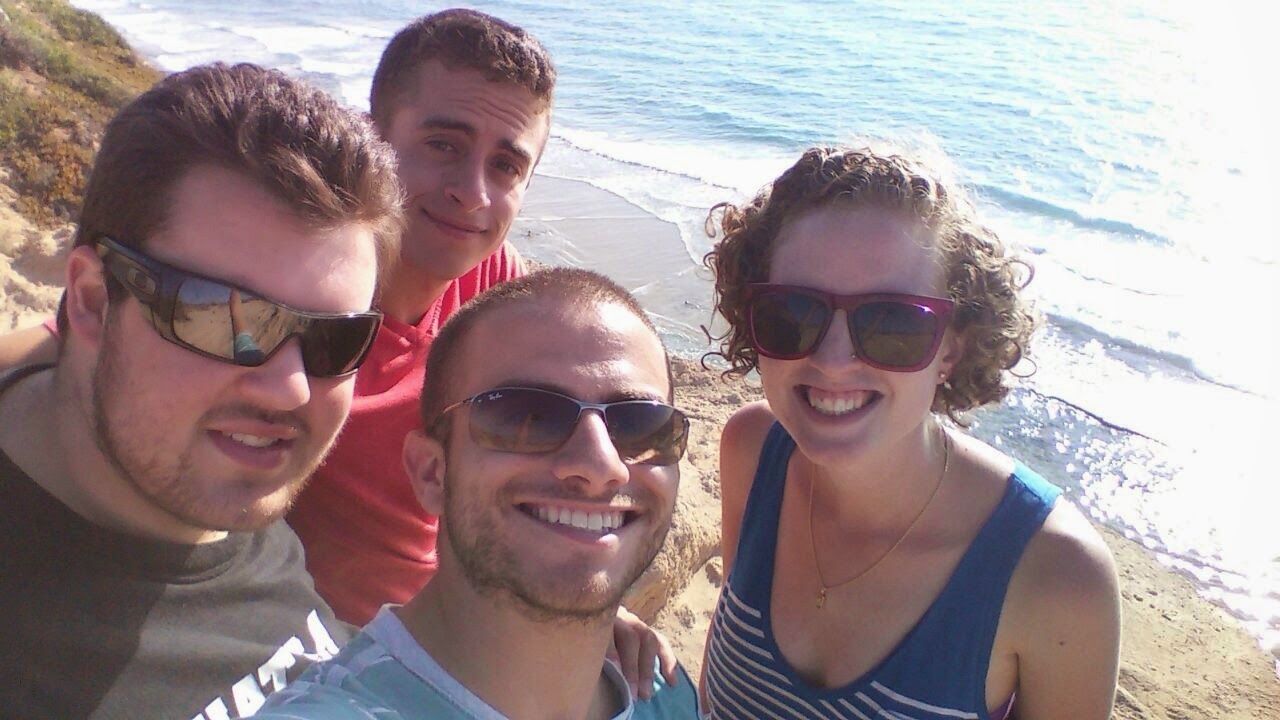Shanah Tovah!
It has certainly been a packed month since I've last written. Highlights include:
- Spending the days after the Gaza cease-fire was signed in the north of Israel on a study field trip. We explored an urban kibbutz, learned about the Israelis who established kibbutzim in the 1910s-20s, and visited the Kinneret (Sea of Galilee). For the part of the day that we spent near the Syrian border, we heard explosions every 3-5 minutes: a reminder of the neighborhood in which Israel is located. It was crazy to have my prayer for peace punctuated by the sound of war.
- Beginning classes. I'm taking: liturgy, 2nd Temple history, Zionist history, an Israel seminar, Hebrew, Biblical Grammar, Bible, and Rabbinic texts. Whew! All of the professors are incredibly knowledgable and kind.
- Running with friends for sunset views all over the city.
- Swimming, playing frisbee, and drinking at the beach in Tel Aviv.
The imagery is so powerful because it reminds us that what we do on every day outside of Rosh Hashanah and Yom Kippur is what matters. It matters when we act with generosity and kindness. It matters when we choose to recycle instead of throw something in the trash. It matters when we call our family and say hello. It matters when we take the time to get to know our classmates and coworkers. Our actions have immense consequences, and our actions of the past years have made us into who we are today. Today's actions make us who we will be tomorrow. When we act for life, we are inscribed in the book of life.
I'm excited for this year of study and exploration: of a new city, of my tradition, of myself.
May we all be inscribed in the Sefer HaChaiim, the Book of Life.
Shanah Tovah,
Samantha







